US Senate defeats move to block sale of F-16 jets to Pakistan
Fri 11 Mar 2016, 11:20:59
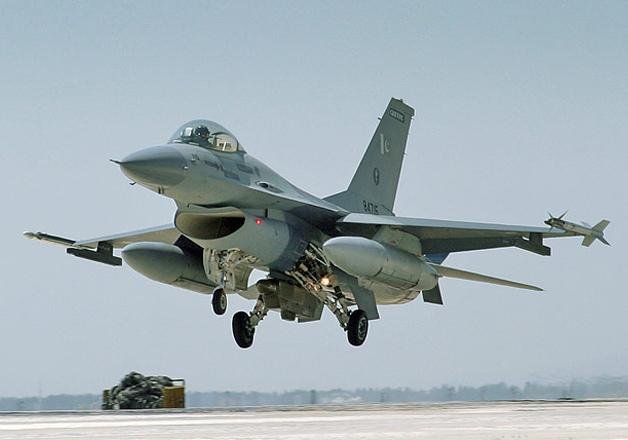
The US Senate voted to defeat a bill seeking to block USD 700 million sale of eight F-16 fighter jets to Pakistan even as some top lawmakers called Pakistan an "unreliable" ally and questioned its commitment in fighting terrorist organisations.
The joint resolution, which was introduced in the Senate by Senator Rand Paul, a former Republican presidential candidate, asking the lawmakers to block the sale of F-16 jets to Pakistan was defeated by 71 to 24 votes.
To the surprise of many, such a resolution got the support of 24 Senators which is quite significant given that similar motions of disapprovals in the past normally gets support of a few or a handful of lawmakers.
India has opposed the sale of eight F-16 fighter jets worth approximately USD 700 million to Pakistan, saying it disagrees with Washington's rationale that such arms transfers would help combat terrorism.
Before his resolution was defeated by the Senate, Paul said the US does not have the money to "give planes free" to Pakistan while the country is crumbling under a foreign debt of USD 19 trillion. "We do not have the money to give to Pakistan," said Paul starting
the debate on the sale of F-16 to Pakistan.
the debate on the sale of F-16 to Pakistan.
"Should we give planes to a country who prison our heroes," Paul said, referring to the imprisonment of Pakistani-African doctor, Shakeel Afridi, who has been jailed on charges of helping the CIA find Osama bin Laden.
Senator Chris Murphy, Ranking Member of Senate Foreign Relations Subcommittee on Near East, South Asia, Central Asia and Counter-terrorism, alleged that Pakistan has been an "unreliable partner" over the course of the last ten years in the fight against extremism.
"But what I worry more is that these F-16s will provide cover, will provide substitute for truly meaningful action inside Pakistan to take on the roots of extremism. It is frankly too late in many respects to beat these extremist groups if they are so big, so powerful, so deadly that you have to bomb them from the air," he said.
The debate and voting was held a day after Pentagon commanders appealed to the lawmakers against restricting or conditioning US aid to Pakistan.The voting came as Paul invoked the Arms Export Control Act of 1976 in a bid to shoot down the sale with a resolution of disapproval.
No Comments For This Post, Be first to write a Comment.
Most viewed from International
Most viewed from World
AIMIM News
Latest Urdu News
Most Viewed
May 26, 2020
Is it right to exclude Bangladesh from the T20 World Cup?
Latest Videos View All
Like Us
Home
About Us
Advertise With Us
All Polls
Epaper Archives
Privacy Policy
Contact Us
Download Etemaad App
© 2026 Etemaad Daily News, All Rights Reserved.

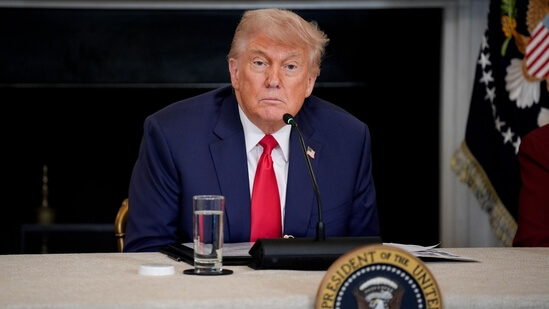
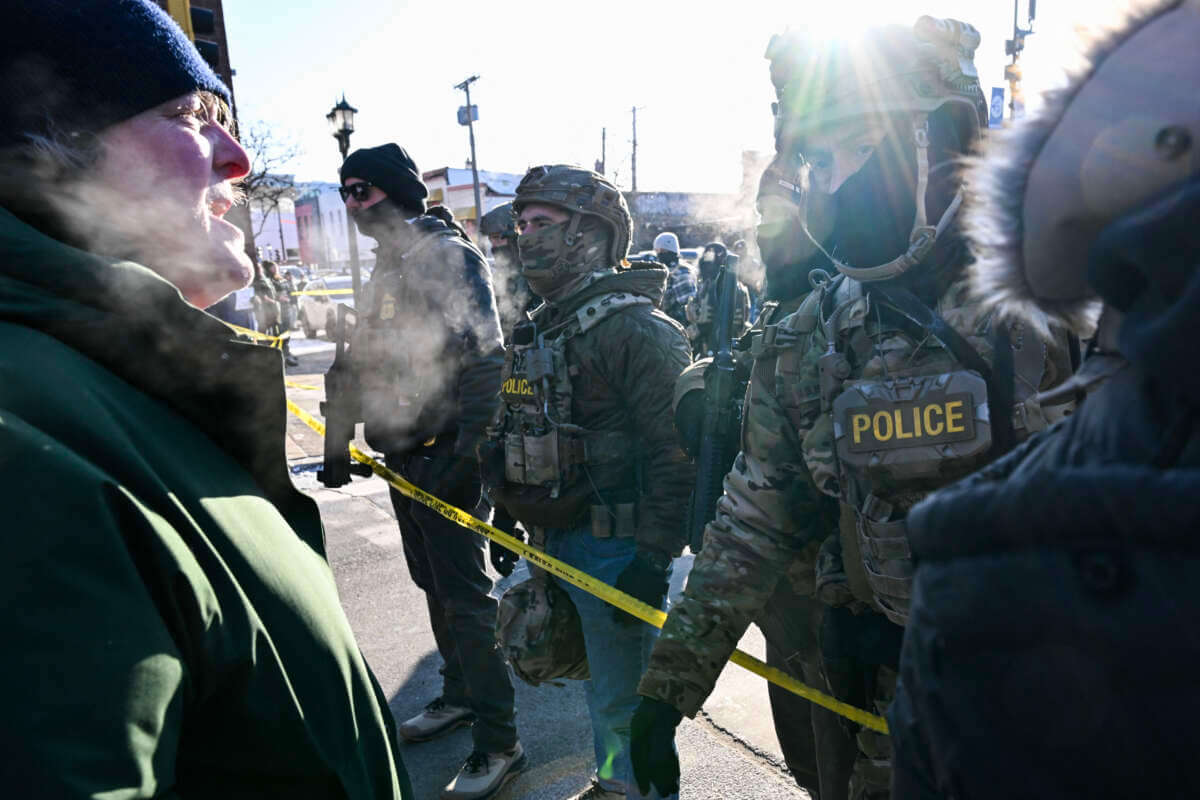


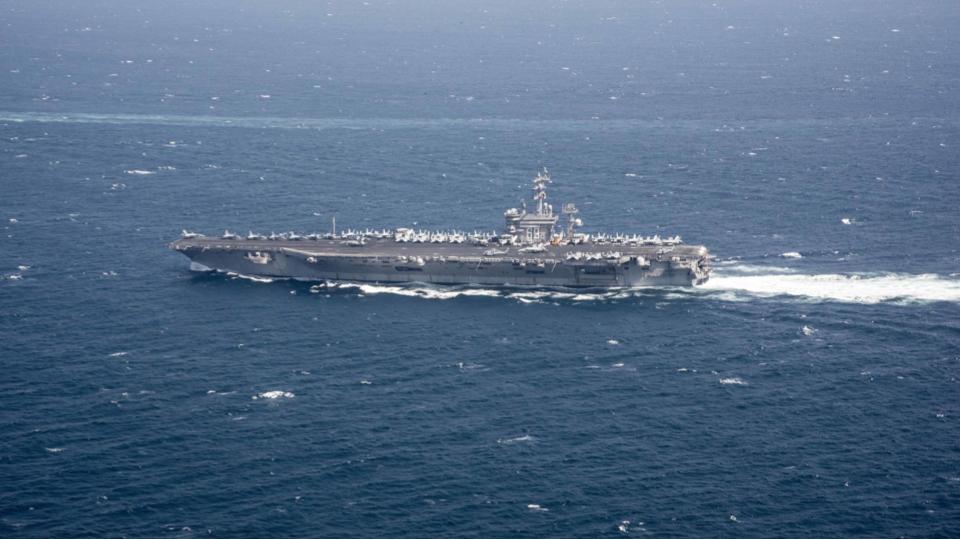
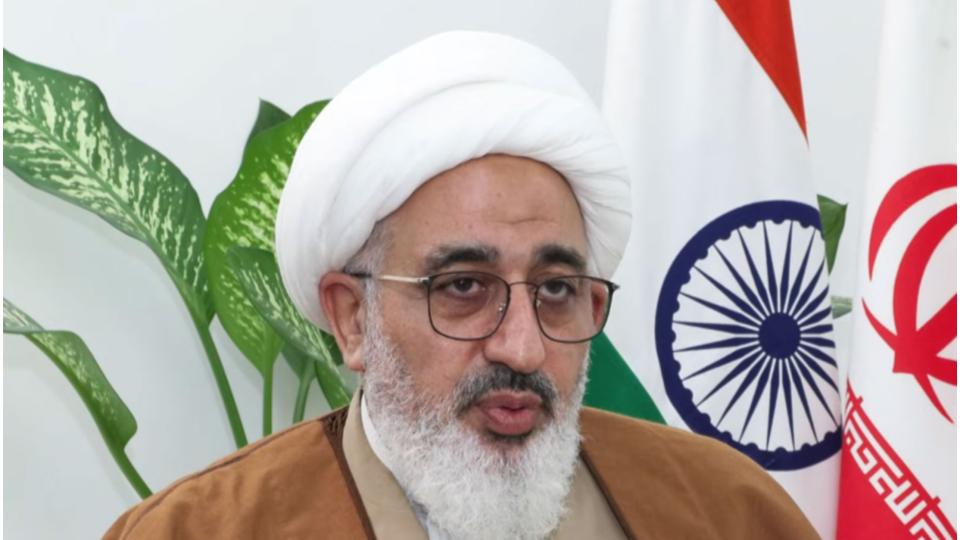
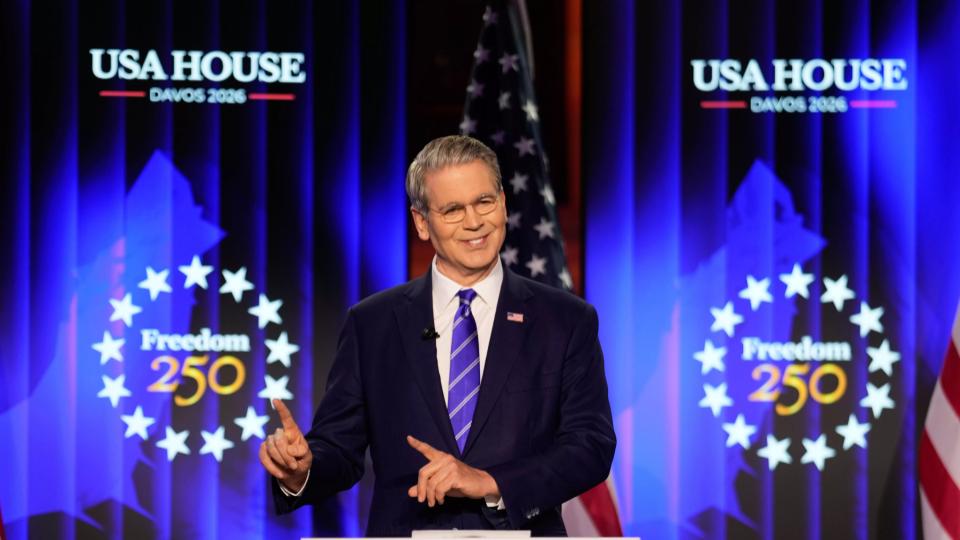



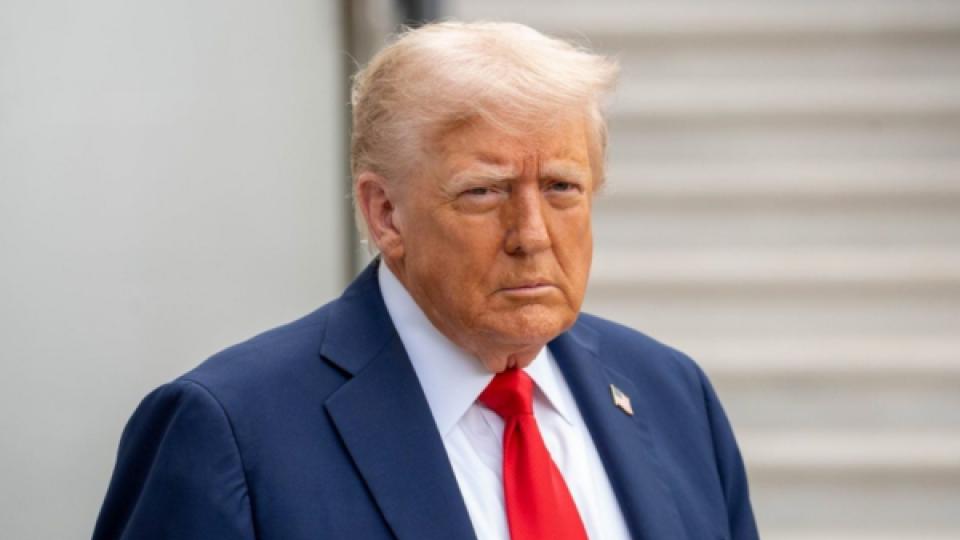










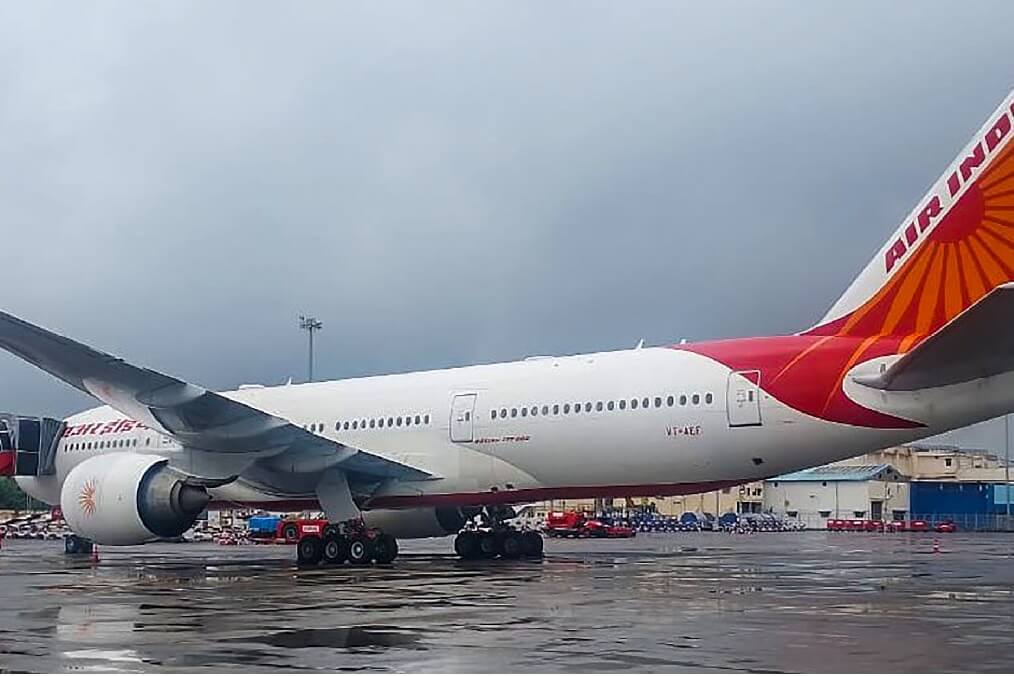














.jpg)
.jpg)
.jpg)


